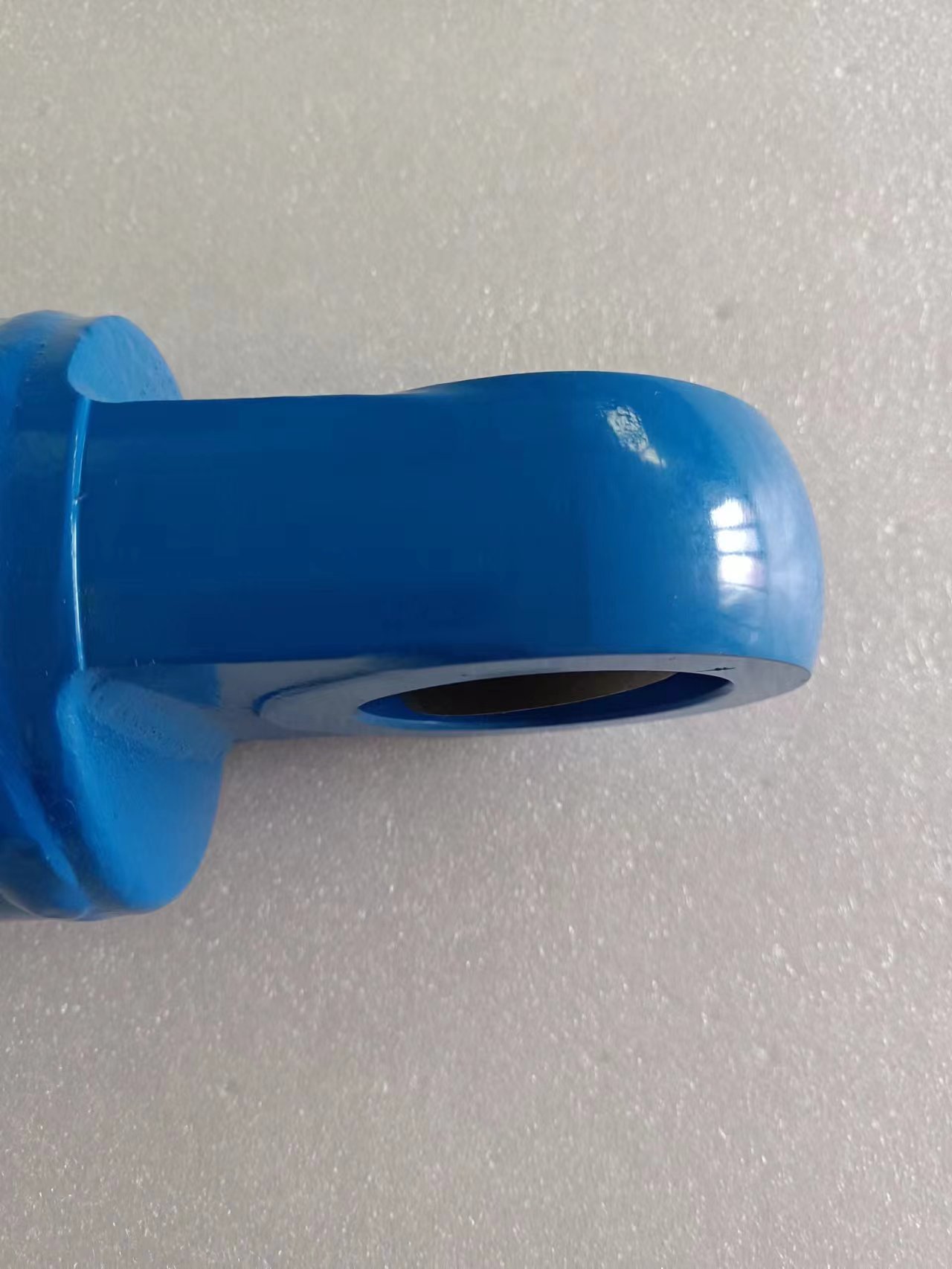Aug . 09, 2024 04:10 Back to list
Innovative Diesel Hydraulic Power Solutions for Efficient and Reliable Energy Applications in Various Industries
Diesel Hydraulic Power Unit Products An Overview
In the realm of industrial machinery and construction equipment, diesel hydraulic power units (HPUs) have emerged as indispensable tools. These robust systems offer versatile power solutions across various applications, providing hydraulic energy to operate machinery, tools, and equipment efficiently. As industries increasingly demand powerful and reliable energy sources, the relevance of diesel hydraulic power units continues to grow.
Understanding Diesel Hydraulic Power Units
A diesel hydraulic power unit comprises a diesel engine that drives a hydraulic pump. This system converts the mechanical energy of the engine into hydraulic energy, which can then be used to power services like hydraulic cylinders, motors, and tools. What sets diesel hydraulic HPUs apart is their portability and ability to operate in remote locations where electrical power might not be accessible.
Typically, these units come equipped with essential components including a fuel tank, hydraulic reservoir, and control valves, all integrated into a single package for ease of use. The compact design facilitates maneuverability, making them suitable for construction sites, offshore platforms, and various outdoor applications.
Advantages of Diesel Hydraulic Power Units
1. Portability Diesel hydraulic power units are generally mobile, allowing them to be transported easily to different job sites. This mobility ensures that businesses can utilize hydraulic power wherever needed, which is particularly advantageous in remote or rugged terrains.
2. High Power-to-Weight Ratio Diesel engines typically provide a high power output relative to their size and weight. This characteristic allows for a more compact design while still delivering substantial hydraulic power, making these units effective for demanding applications.
3. Independence from Electric Supply In areas lacking a reliable electricity supply, diesel hydraulic power units provide a vital solution. Construction and mining operations frequently find themselves in such environments, demonstrating the critical role these units play in maintaining productivity.
diesel hydraulic power unit products

4. Versatile Applications Diesel hydraulic HPUs can be utilized across various sectors, including construction, oil and gas, mining, and marine operations. They can power equipment such as excavators, cranes, hydraulic presses, and various handheld tools, showcasing their versatility.
Considerations for Selection and Use
When selecting a diesel hydraulic power unit, several factors should be considered
- Power Requirements Understanding the specific power needs of the hydraulic tools or machinery that will be operated is crucial. This includes evaluating the required flow rate and pressure specifications.
- Portability Needs Depending on the nature of the work, the weight and dimensions of the unit may impact its usability. Mobility is particularly important for projects involving frequent relocation.
- Fuel Efficiency With rising fuel costs, selecting a power unit with improved fuel efficiency can contribute to lower operational costs over time.
- Noise Levels Diesel engines can be noisy, which may be a concern on sensitive job sites. Selecting a unit equipped with soundproofing technology can help mitigate this issue.
Conclusion
As industries evolve, the demand for reliable and efficient power sources continues to rise. Diesel hydraulic power units stand out as effective solutions, offering the combination of power, portability, and versatility required to meet modern operational needs. Whether in construction, mining, or any domain requiring hydraulic power, investing in high-quality diesel hydraulic HPUs can lead to enhanced productivity, reduced downtime, and ultimately, a competitive advantage in today’s fast-paced industrial landscape. As technology advances, we can also expect innovations in diesel hydraulic power units, further solidifying their crucial role in the future of industrial power solutions.
-
1.5 Ton Flipping Oil Cylinder 70/82-40-217-720-Hebei Shenghan Hydraulic Machinery|Precision Hydraulic Cylinder,Custom Hydraulic Solutions
NewsAug.29,2025
-
1.5 Ton Flipping Oil Cylinder 70/82-40-217-720 | Hebei Shenghan Hydraulic Machinery Co., Ltd.
NewsAug.29,2025
-
High-Precision [90/105-50-180-480] Industrial Component | Durable & Reliable
NewsAug.27,2025
-
High-Performance Set of 50/60-45-290 471 | Durable & Reliable Components
NewsAug.26,2025
-
Efficient Pallet Truck Power Units - Reliable Hydraulic Systems
NewsAug.25,2025
-
Premium Set of 50/60-45-290 471 Parts | High Performance
NewsAug.24,2025
